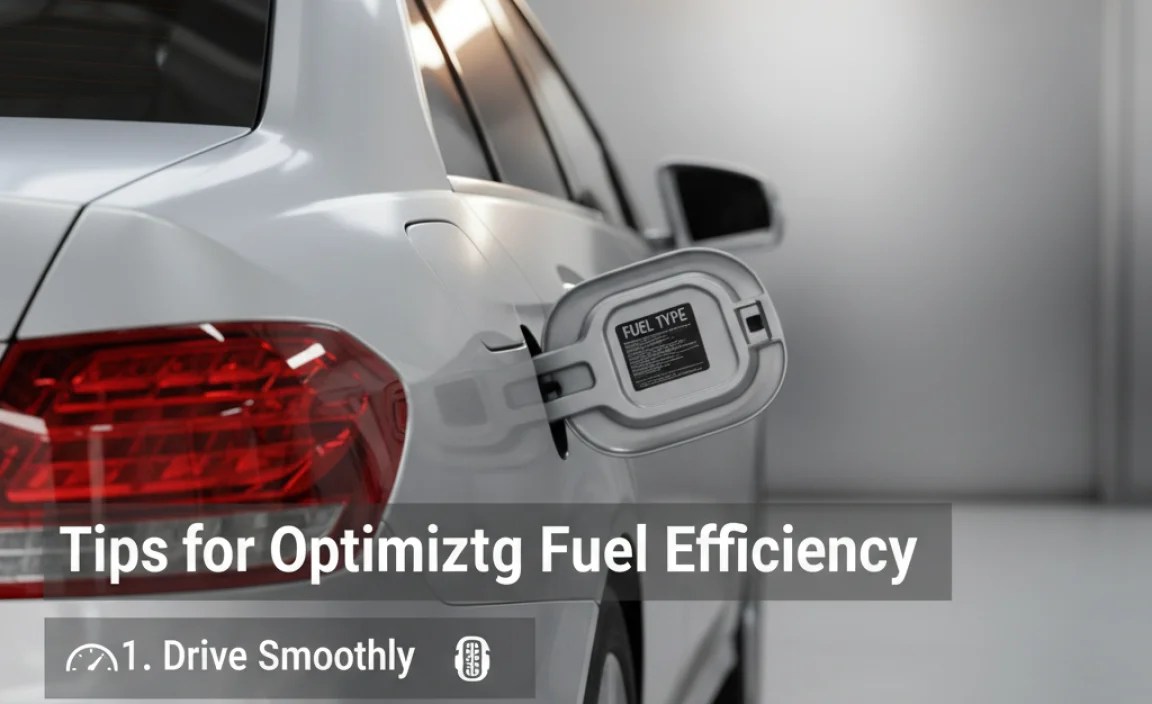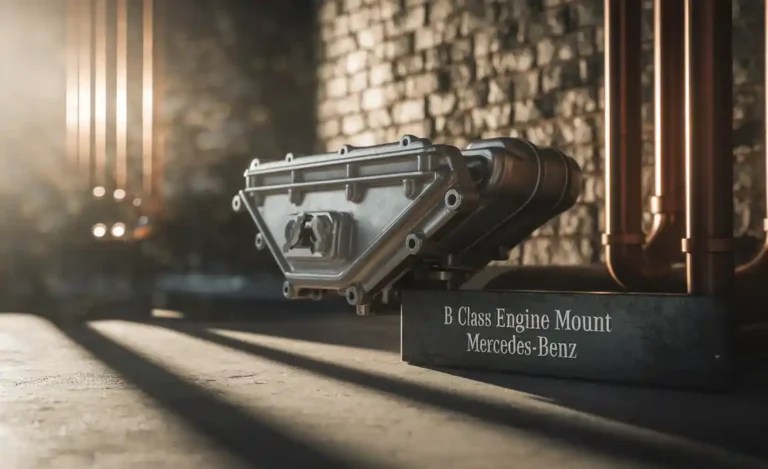Mercedes sedan fuel type options
Mercedes sedan fuel type options include gasoline, diesel, hybrid, and plug-in hybrid. Most models offer gasoline engines, while diesel is available on select models. Hybrid and plug-in hybrid options provide increased fuel efficiency and reduced emissions. The availability of each fuel type varies depending on the specific model and year.
Choosing the right fuel type for your Mercedes sedan is a big deal. You want to make sure you’re getting the best performance, fuel economy, and overall driving experience. With so many options available, it can feel overwhelming trying to figure out which one is right for you. Don’t worry, I’m here to help.
In this article, I’ll break down the different fuel types available for Mercedes sedans. We’ll cover everything from gasoline and diesel to hybrid and plug-in hybrid options. By the end, you’ll have a clear understanding of each fuel type and be able to make an informed decision. Let’s dive in!
Understanding Mercedes Sedan Fuel Types

Mercedes-Benz offers a range of fuel options for its sedans to cater to different driving needs and environmental concerns. Let’s explore each type in detail.
Gasoline Engines
Gasoline engines are the most common type found in Mercedes-Benz sedans. They offer a good balance of power and performance, and are widely available.
- Pros:
- Readily available fuel
- Generally lower initial cost compared to diesel or hybrid models
- Good performance and acceleration
- Cons:
- Lower fuel economy compared to diesel or hybrid models
- Higher emissions compared to alternative fuel options
Mercedes-Benz gasoline engines often feature advanced technologies like direct injection and turbocharging to improve efficiency and power output.
Diesel Engines
Diesel engines are known for their fuel efficiency and torque. They are a popular choice for drivers who prioritize long-distance driving and fuel savings.
- Pros:
- Excellent fuel economy, especially on highways
- High torque, providing strong acceleration and towing capability (where applicable)
- Longer engine life compared to gasoline engines
- Cons:
- Higher initial cost compared to gasoline models
- Can be noisier than gasoline engines
- Diesel fuel can sometimes be more expensive than gasoline
Mercedes-Benz diesel engines use advanced technologies like common-rail direct injection and particulate filters to reduce emissions.
Hybrid Engines
Hybrid engines combine a gasoline engine with an electric motor to improve fuel efficiency and reduce emissions. They offer a balance of performance and eco-friendliness.
- Pros:
- Improved fuel economy compared to gasoline engines
- Reduced emissions, contributing to a cleaner environment
- Electric motor provides additional power and torque
- Cons:
- Higher initial cost compared to gasoline models
- More complex technology, potentially leading to higher maintenance costs
- Battery pack adds weight to the vehicle
Mercedes-Benz hybrid sedans often feature regenerative braking, which captures energy during braking to recharge the battery.
Plug-In Hybrid Engines
Plug-in hybrid engines (PHEVs) offer the benefits of a hybrid engine with the added capability of being plugged into an external power source to recharge the battery. This allows for extended electric-only driving range.
- Pros:
- Excellent fuel economy, especially with regular charging
- Significant reduction in emissions, especially during electric-only driving
- Ability to drive short distances on electric power alone
- Cons:
- Higher initial cost compared to gasoline or hybrid models
- Requires access to a charging station or outlet
- Longer refueling time compared to gasoline or diesel vehicles
Mercedes-Benz plug-in hybrid sedans often qualify for government incentives and tax credits.
Mercedes Sedan Fuel Type Options by Model

The availability of different fuel types varies depending on the specific Mercedes-Benz sedan model. Here’s a breakdown:
| Model | Gasoline | Diesel | Hybrid | Plug-In Hybrid |
|---|---|---|---|---|
| C-Class | Yes | Yes (in some markets) | Yes | Yes |
| E-Class | Yes | Yes (in some markets) | Yes | Yes |
| S-Class | Yes | Yes (in some markets) | Yes | Yes |
| CLA | Yes | No | No | Yes |
| CLS | Yes | Yes (in some markets) | Yes | No |
Note: Availability may vary depending on the region and model year. Check with your local Mercedes-Benz dealer for the most up-to-date information.
Factors to Consider When Choosing a Fuel Type

Selecting the right fuel type for your Mercedes sedan involves considering several factors to ensure it aligns with your driving habits, environmental concerns, and budget.
Driving Habits
Consider how you typically use your vehicle. If you primarily drive short distances in the city, a plug-in hybrid or hybrid might be the best choice. If you frequently take long road trips, a diesel engine could offer better fuel economy.
Fuel Efficiency
Fuel efficiency is a crucial factor, especially with fluctuating fuel prices. Diesel and hybrid models generally offer better fuel economy than gasoline engines, which can save you money in the long run. Plug-in hybrids offer the best fuel economy when charged regularly.
Environmental Impact
If reducing your carbon footprint is a priority, consider a hybrid or plug-in hybrid model. These vehicles produce fewer emissions and can even operate on electric power alone for short distances.
Cost
The initial cost of the vehicle is an important consideration. Diesel, hybrid, and plug-in hybrid models typically have a higher price tag than gasoline models. However, you should also factor in potential fuel savings and government incentives.
Maintenance
Consider the potential maintenance costs associated with each fuel type. Hybrid and plug-in hybrid vehicles have more complex systems, which could lead to higher maintenance costs over time. However, they may also require less frequent maintenance on certain components, such as brakes, due to regenerative braking.
How to Determine the Fuel Type of Your Mercedes Sedan

If you’re unsure about the fuel type of your Mercedes sedan, there are several ways to find out.
Check the Fuel Filler Door
The fuel filler door usually has a sticker indicating the recommended fuel type. Look for labels like “Unleaded Gasoline Only,” “Diesel Only,” or “Electric.”
Consult the Owner’s Manual
The owner’s manual contains detailed information about your vehicle, including the recommended fuel type. Refer to the fuel and refueling section for specific instructions.
Check the Vehicle Identification Number (VIN)
The VIN can provide valuable information about your vehicle, including the engine type and fuel type. You can use a VIN decoder tool online or contact a Mercedes-Benz dealer for assistance. A reputable VIN decoder is available on the National Highway Traffic Safety Administration (NHTSA) website (https://www.nhtsa.gov/recalls).
Contact a Mercedes-Benz Dealer
Your local Mercedes-Benz dealer can quickly identify the fuel type of your vehicle using the VIN or other information. They can also provide advice on the best fuel options for your specific model.
Tips for Optimizing Fuel Efficiency

Regardless of the fuel type your Mercedes sedan uses, there are several steps you can take to improve fuel efficiency and save money.
- Maintain Proper Tire Pressure: Underinflated tires increase rolling resistance and reduce fuel economy. Check your tire pressure regularly and inflate them to the recommended level.
- Drive Smoothly: Avoid aggressive acceleration and braking, which consume more fuel. Maintain a steady speed and anticipate traffic conditions.
- Reduce Excess Weight: Remove unnecessary items from your vehicle to reduce weight and improve fuel efficiency.
- Use Cruise Control: On the highway, use cruise control to maintain a constant speed and optimize fuel economy.
- Keep Your Vehicle Well-Maintained: Regular maintenance, including oil changes and tune-ups, can improve fuel efficiency and extend the life of your engine.
- Avoid Idling: Idling consumes fuel without moving the vehicle. Turn off the engine if you’re going to be stopped for more than a minute.
- Use the Recommended Fuel Grade: Using the correct fuel grade, as specified in your owner’s manual, ensures optimal engine performance and fuel efficiency.
Future Trends in Mercedes Sedan Fuel Technology
Mercedes-Benz is committed to developing innovative fuel technologies to improve efficiency and reduce emissions. Here are some future trends to watch for:

Increased Electrification
Mercedes-Benz is investing heavily in electric vehicle technology and plans to offer electric versions of all its models in the coming years. This includes fully electric sedans with long driving ranges and fast charging capabilities.
Improved Battery Technology
Advancements in battery technology will lead to increased energy density, faster charging times, and longer battery life. This will make electric and plug-in hybrid vehicles more practical and appealing to a wider range of drivers.
Hydrogen Fuel Cell Technology
Mercedes-Benz is also exploring hydrogen fuel cell technology as a potential alternative to gasoline and diesel engines. Fuel cell vehicles produce zero emissions and offer long driving ranges, but the infrastructure for hydrogen refueling is still limited.
Sustainable Fuels
Mercedes-Benz is working on developing and using sustainable fuels, such as biofuels and synthetic fuels, to reduce the carbon footprint of its vehicles. These fuels can be used in existing gasoline and diesel engines without requiring major modifications.
FAQ About Mercedes Sedan Fuel Types
Here are some frequently asked questions about Mercedes sedan fuel types:
- What type of gasoline should I use in my Mercedes sedan?
- Mercedes-Benz recommends using premium unleaded gasoline with an octane rating of 91 or higher. Check your owner’s manual for specific recommendations.
- Can I use E85 fuel in my Mercedes sedan?
- No, Mercedes-Benz vehicles are not designed to run on E85 fuel, which contains a high percentage of ethanol. Using E85 fuel can damage your engine.
- How often should I change the oil in my Mercedes sedan?
- Mercedes-Benz recommends changing the oil every 10,000 miles or once a year, whichever comes first. Refer to your owner’s manual for specific recommendations.
- Are Mercedes-Benz hybrid batteries covered under warranty?
- Yes, Mercedes-Benz hybrid batteries are typically covered under a separate warranty that lasts for several years or a certain number of miles. Check your warranty documentation for details.
- Can I charge my Mercedes-Benz plug-in hybrid at home?
- Yes, you can charge your Mercedes-Benz plug-in hybrid at home using a standard household outlet or a Level 2 charging station. A Level 2 charger will provide faster charging times.
- What are the benefits of using diesel fuel in my Mercedes sedan?
- Diesel fuel offers better fuel economy and higher torque compared to gasoline. It is a good choice for drivers who frequently take long road trips or need strong acceleration.
- How do I find a charging station for my Mercedes-Benz plug-in hybrid?
- You can use online tools like PlugShare or the Mercedes me Charge app to find charging stations near you. These tools provide information on charging station locations, availability, and pricing.
Conclusion
Choosing the right fuel type for your Mercedes sedan is a decision that depends on your individual needs and priorities. Whether you prioritize performance, fuel efficiency, or environmental impact, Mercedes-Benz offers a range of options to suit your preferences. By understanding the pros and cons of each fuel type and considering your driving habits, you can make an informed decision that will enhance your driving experience for years to come.
From gasoline and diesel to hybrid and plug-in hybrid, Mercedes-Benz continues to innovate and provide drivers with cutting-edge fuel technologies. As the automotive industry evolves, we can expect to see even more advancements in electrification, battery technology, and sustainable fuels, further improving the efficiency and sustainability of Mercedes-Benz sedans.






